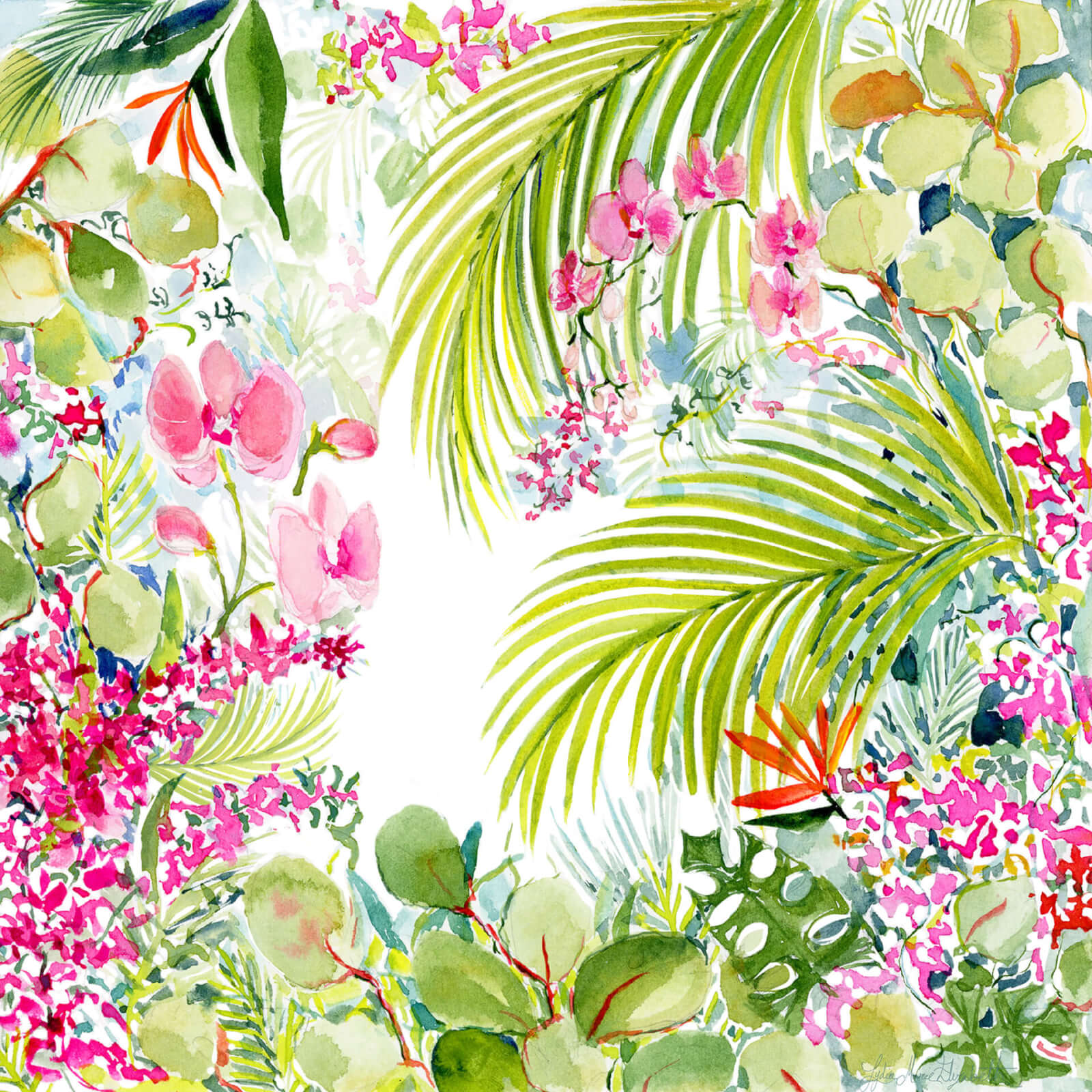
MOSAIC 2024 – Month of Shows, Art, Ideas & Culture
MOSAIC 2024 – Month of Shows, Art, Ideas & Culture,…

May is Asian American and Pacific Islander (AAPI) Heritage Month. Discover a few ways to celebrate it in The Palm Beaches.
Immerse yourself in Japanese culture at Delray Beach’s Morikami Museum and Japanese Gardens, which recognizes a long-standing connection between Japan and The Palm Beaches. This connection dates to 1904 when Jo Sakai led a small group of farmers to pioneer a settlement in what is now northern Boca Raton. They named their colony the Yamato Colony after an ancient name for Japan. The settlement was short-lived and the pioneers began dispersing in the 1920s, but today’s Morikami celebrates and honors that history by continuing to share Japanese culture with the public.
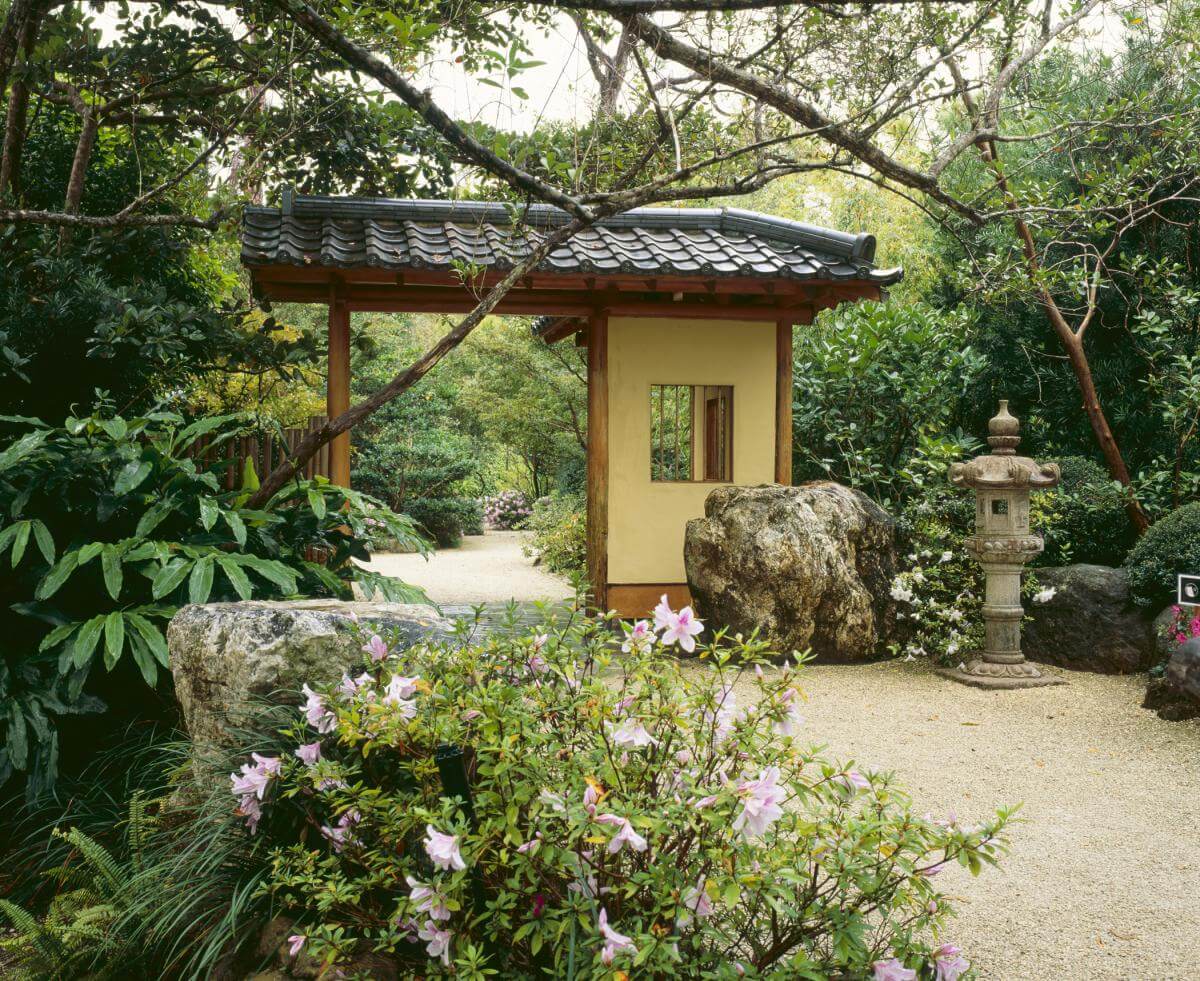
Any trip to the Morikami will be filled with peaceful, inspiring and educational moments, but you can also plan a special visit to take advantage of the following events and exhibits in May.
Painting Enlightenment: Experiencing Wisdom and Compassion through Art and Science Starting May 8 and continuing through Sept. 19, 2021, the Morikami presents its new exhibit, “Painting Enlightenment: Experiencing Wisdom and Compassion through Art and Science,” featuring the works of famed Japanese scientist and artist Iwasaki Tsuneo (1917-2002). The paintings create a contemplative journey and meditations on the interconnectedness of the universe. Iwasaki collapses distinctions between image, text and thought with imagery representative of both scientific phenomena and Buddhist principles. He forms the images by using characters from the sacred Buddhist text, the Heart Sutra. Upon retiring from a career as a research biologist, Iwasaki expanded his own practice of copying sacred texts, called shyakyō — a form of devotion with a long history in Japan. In his unique process, instead of separating the verses written into vertical blocks, he reconfigures them into images such as DNA, lightning bolts, bubbles, atoms and ants. He created this artistic practice to express the intricate relationship between science and Buddhism.
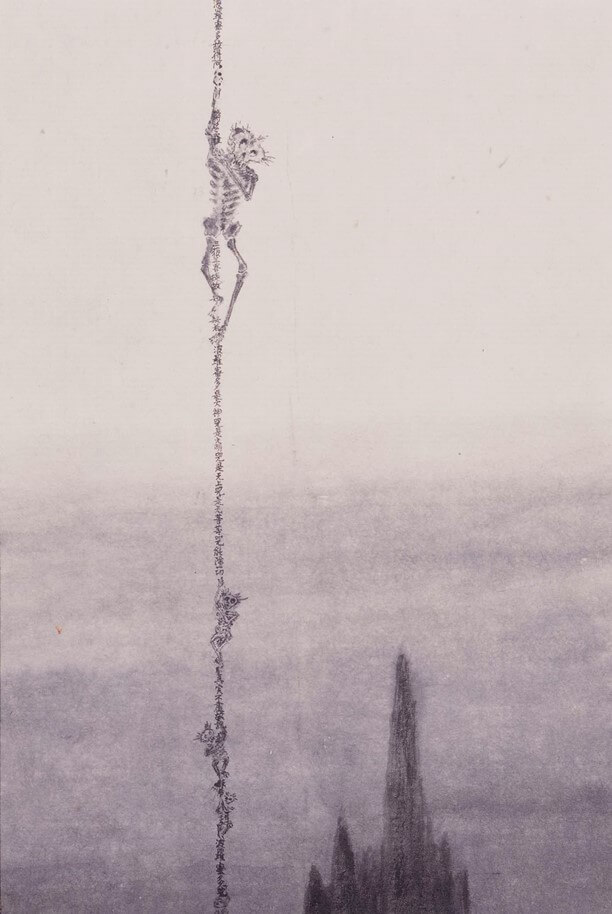
Sado: Tea Ceremony Expand upon your knowledge of Japanese tea ceremony in this hands-on class. Perform the traditional Japanese tea ceremony, with its ever-evolving seasonal subtleties, in the authentic Seishin-an Tea House under the guidance of instructor Yoshiko Hardick. The tea ceremony changes from month to month and season to season.; the intermediate course requires approval by the instructor before registering.
Beginner classes: Sundays, May 2, 16 or Thursdays, May 6, 20; 10:15 a.m. – 12:15 p.m. Intermediate classes: Sundays, May 2, 16; 1 p.m. – 4 p.m. Cost: $55 (Morikami Members $50); advance registration required. Ikebana Flower Arrangement Flower arranging, ikebana, is a traditional Japanese art form spanning centuries. Ikebana has various schools of study, each with unique philosophies and aesthetics. Dating back to the 15th century, the Ikenobo School is the oldest and most traditional. Students in this course learn the basic principles and style of Ikenobo, creating fresh flower arrangements each week to take home and enjoy.
Tuesdays, May 4, 11, 18, 25; beginner 11 a.m. – 1 p.m.; intermediate 1 p.m. – 3 p.m.* Cost: $80 (Morikami Members $70); advance registration required. *Intermediate courses are for students with prior experience or who have taken at least three sessions of Ikebana classes. Sumi-e Ink Painting Sumi-e is a form of Japanese ink painting brought from China in the 12th century. Primarily done in black ink, the name means “charcoal drawing” in Japanese. Students grind their own ink using an ink stick and a grinding stone and learn to hold and utilize brushes to create the primary sumi-e brushstrokes. Floral and landscape classes will start with a review of the basic techniques before moving on to the main subject.
Floral beginner classes: Thursdays, May 6, 13, 20, 27; 10:30 a.m. – 12:30 p.m. Floral regular classes: Fridays, May 7, 14, 21, 28; 10:30 a.m. – 12:30 p.m. Landscape regular classes: Fridays, May 7, 14, 21, 28; 1:30 p.m. – 3:30 p.m. Cost: $60 (Morikami Members $55); advance registration required. Sado: The Way of Tea Demonstration Observe Japanese sadō, an ever-changing demonstration rich in seasonal subtleties. Your involvement in the true spirit of sadō — harmony (wa), reverence (kei), purity (sei), and tranquility (jaku) — will help you bring a calm perspective into your busy life.
Saturday, May 15; 12pm, 1:30pm or 3pm Cost: $5 with paid museum admission
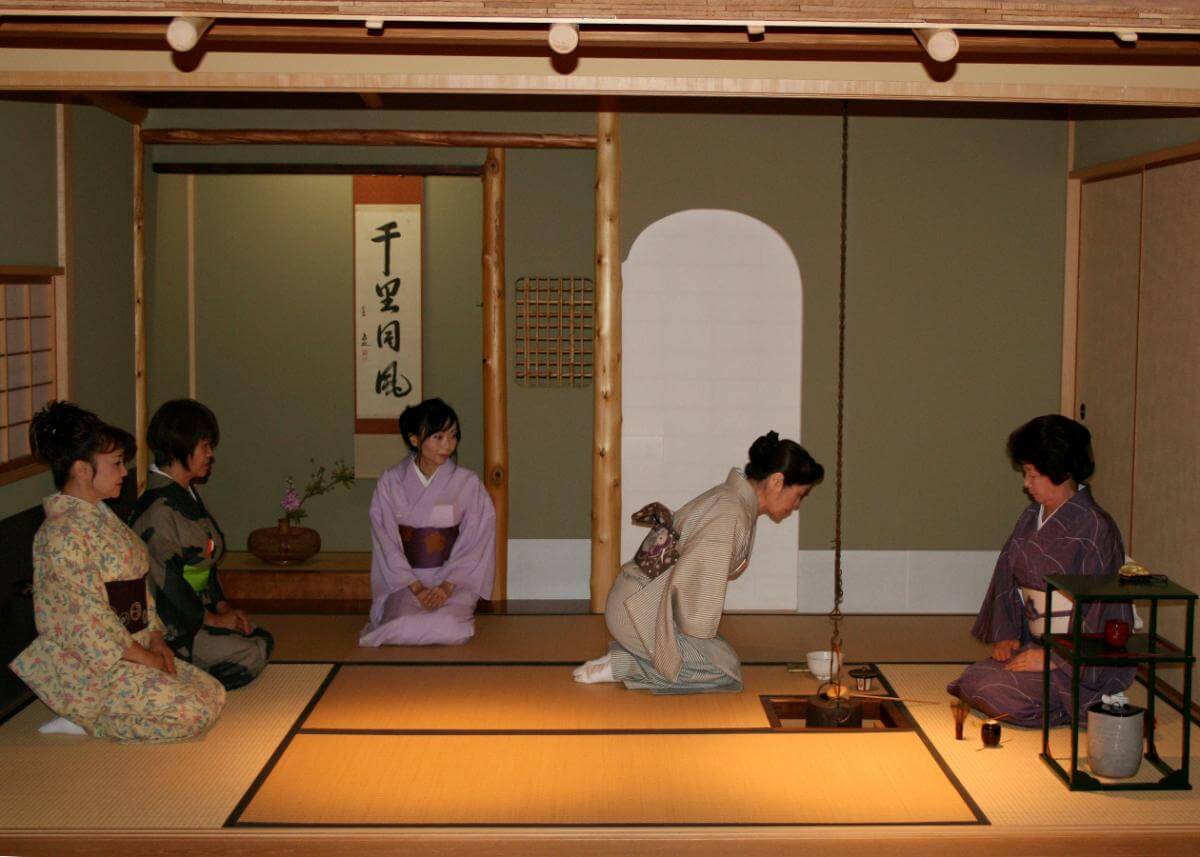
Virtual Family Fun: Mother’s Day Nuigurumi Nuigurumi is the Japanese word for a stuffed toy or plushie. Create a gift for mom during this free virtual event to be held Sunday, May 9 from 10 a.m to 5 p.m. Families will learn how to make their own no-sew mini animal plushie using Japanese folding techniques on fabric. Due to COVID-19, all programming is subject to change; check the website for updates and/or cancellations.
While The Palm Beaches have a special connection to Japan, there are many more ways to commemorate AAPI Heritage Month in May and beyond.
Spend some time learning about Asian and Pacific Islander heritage and history both in The Palm Beaches, across the USA and abroad. On Tuesday, May 25 at 2 p.m., the West Boynton Branch of the Palm Beach County Library System is hosting a public digital activity. “Celebrate Asian American and Pacific Islander Heritage Month – A Showcase of Asian Culture and Poetry Reading” starts at 2 p.m. The State Library and Archives of Florida has also collected an online exhibit featuring stories of Asian-Pacific impact on the state.
The Palm Beaches are also home to AAPI businesses and restaurants that you can patronize throughout the year. Some local favorites include: Singing Bamboo Chinese Restaurant in West Palm Beach; Aroma and Indus, both serving Indian cuisine in West Palm Beach; Kuya Henry’s Restobar, a Filipino restaurant in Lake Worth Beach; Leila Restaurant and Agora Kitchen, featuring Middle Eastern and Mediterranean dishes in West Palm Beach; and Moon Thai & Japanese Restaurant with locations in Boca Raton and Royal Palm Beach.

MOSAIC 2024 – Month of Shows, Art, Ideas & Culture,…
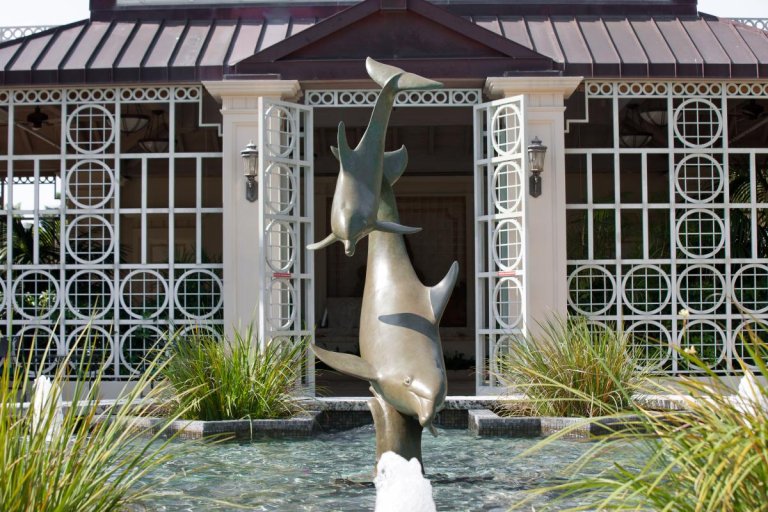
Explore the Artistic Side of The Palm Beaches From…
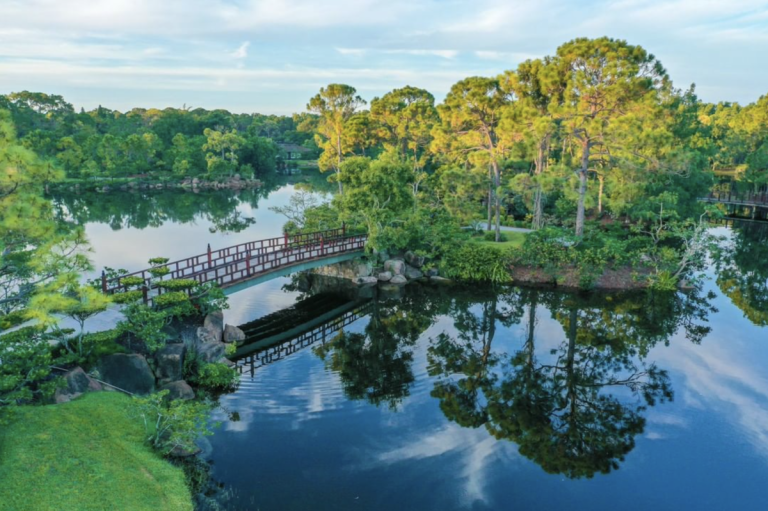
The Morikami: Journey to Japan Without Leaving The…
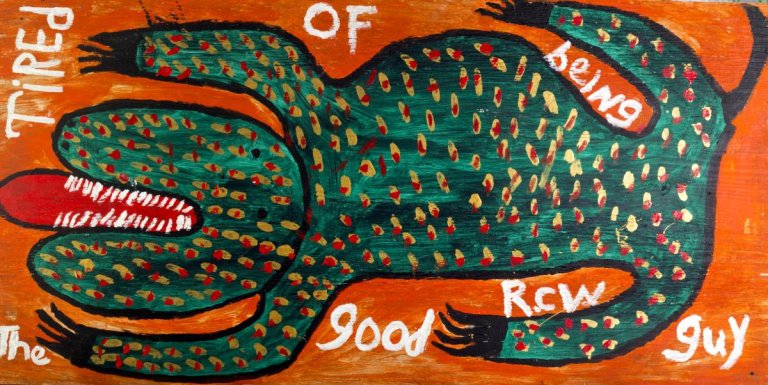
The Palm Beaches shows off why it’s renowned as a…
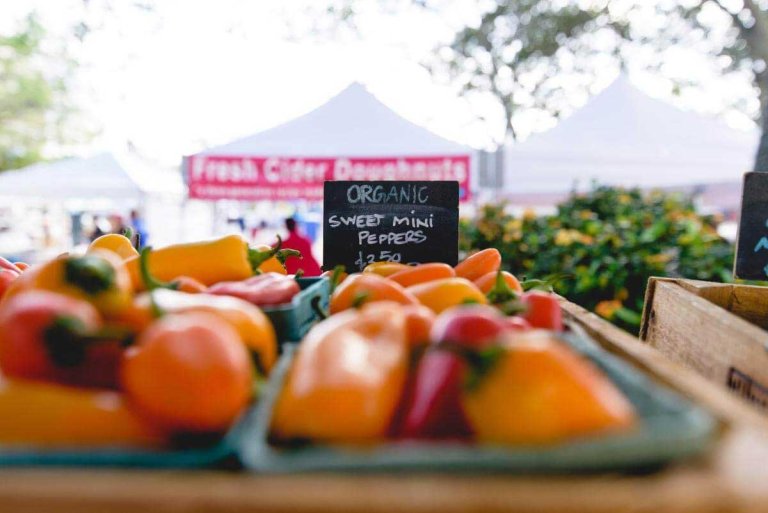
From wellness-focused events to Halloween celebrations…
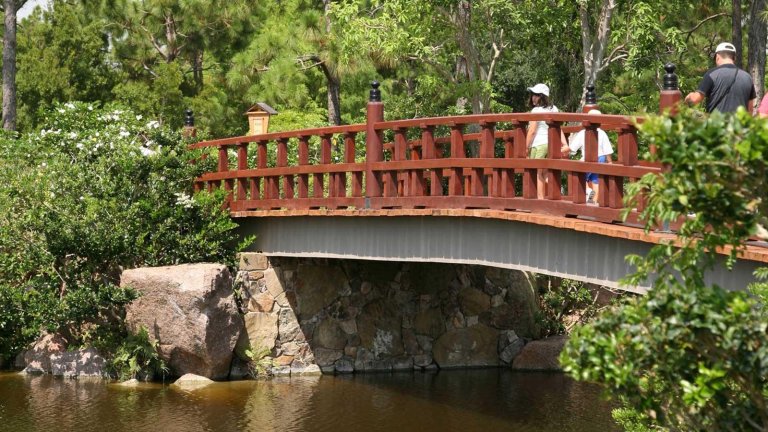
Morikami Museum and Japanese Gardens Selfie Strike…
Browse lodging options in the one, the only, the Palm Beaches and discover America's First Resort Destination in sunny South Florida.